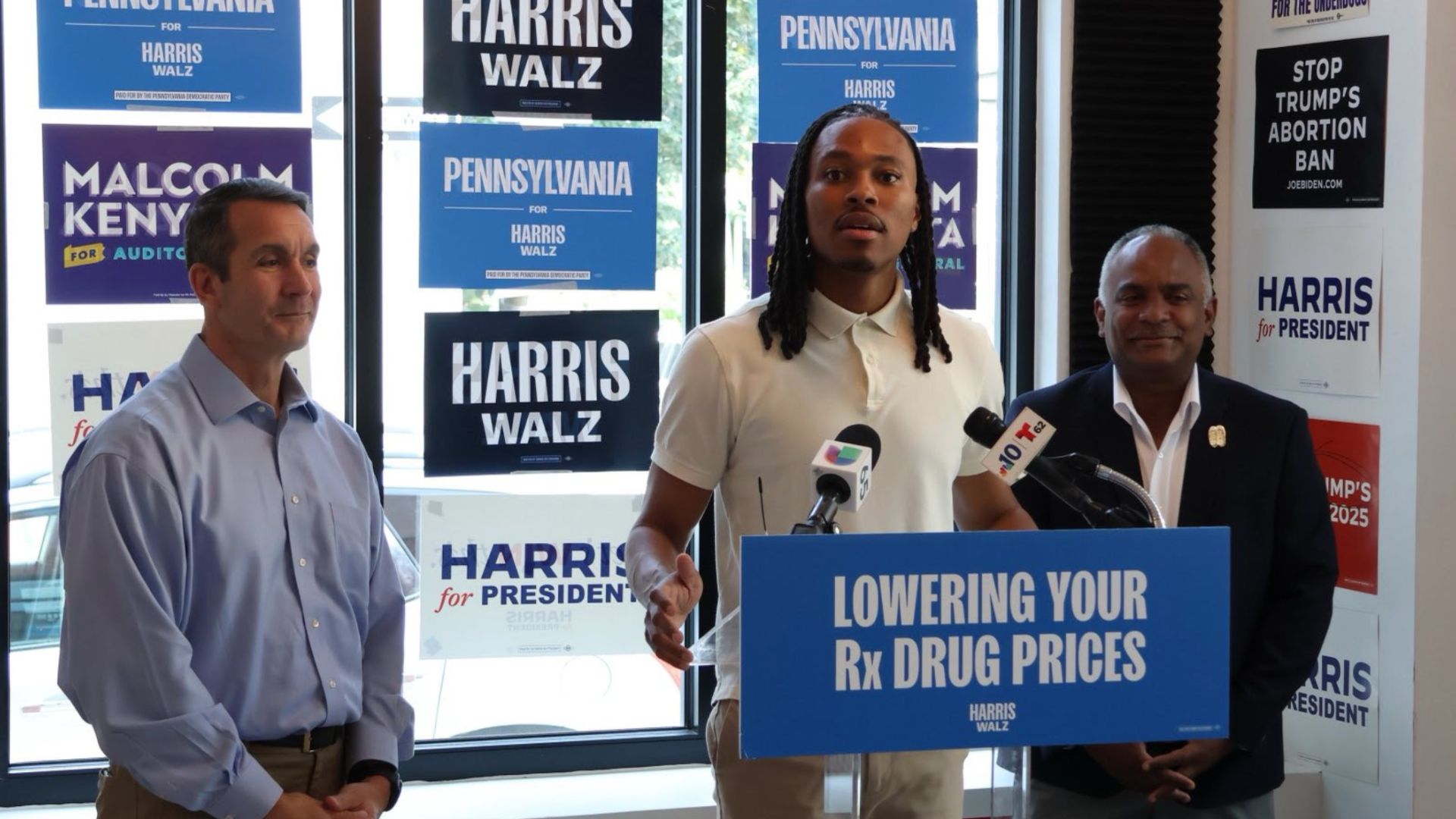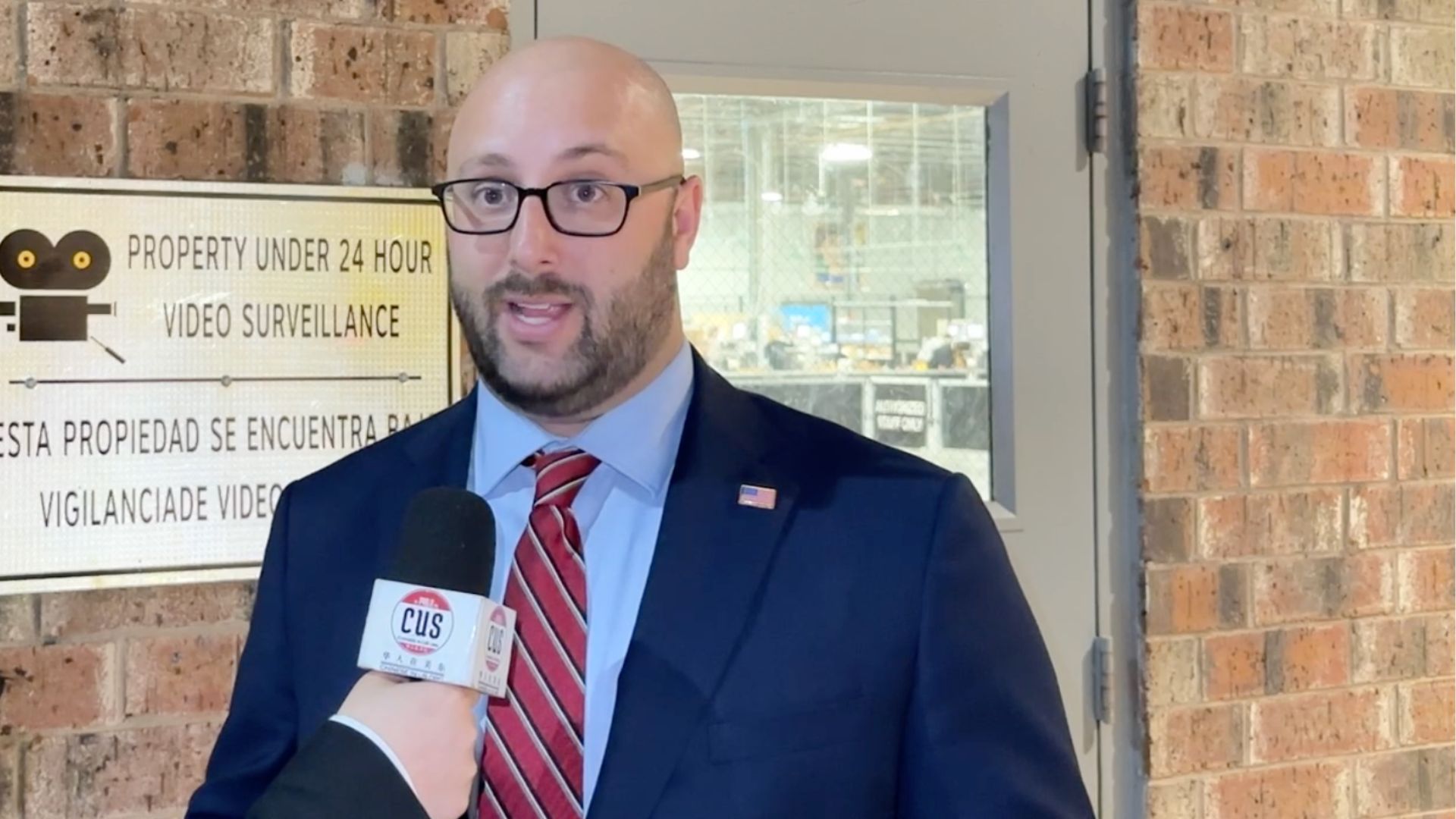[VT Boston, MA] February 20, 2025 – A coalition of over 40 U.S. mayors, cities, and counties has filed an amicus brief in federal district court in Boston, opposing the Trump administration’s recent reductions in National Institutes of Health (NIH) research funding. The brief argues that the funding changes could lead to job losses, economic disruption, and weakened U.S. scientific leadership.
The effort is supported by the City of Boston, the City of Cleveland, the Metropolitan Government of Nashville and Davidson County, the Mayor of Gainesville, and the Mayor of Salt Lake City, among others. These cities host leading research universities and hospitals, employing hundreds of thousands of Americans in medical and scientific research.
Background: NIH Funding Cuts and Legal Action
On February 7, 2025, the NIH announced immediate funding changes, reducing indirect cost reimbursements for research institutions from 30-70% down to 15%. The changes took effect on February 10, impacting universities, hospitals, and research centers nationwide.
In response, 22 states, medical schools, hospitals, and universities filed lawsuits on February 10, securing a temporary restraining order (TRO) to block the funding changes. However, the restraining order will be reviewed in a federal court hearing on February 21, which will determine whether the cuts remain suspended as litigation continues.
The NIH and the Trump administration have not yet issued a public response regarding the lawsuit.
Mayors’ Opposition: Potential Impact on Cities
The mayors’ amicus brief emphasizes that NIH funding is a significant contributor to local economies, job creation, and scientific research.
“For decades, Congress has made a clear choice to invest in scientific research, strengthening cities, creating jobs, and fueling economic growth,” said Boston Mayor Michelle Wu. “These cuts could cause layoffs, lab closures, and harm cities of all political backgrounds. We stand united to oppose this policy.”
Gainesville Mayor Harvey L. Ward also highlighted the potential economic impact: “The Gainesville community depends on this reinvestment of taxpayer dollars into our innovation economy. NIH funding supports everyday hardworking American families.”
Public Rights Project CEO Jill Habig noted the concerns surrounding public health: “From Alzheimer’s research to cancer clinical trials, these cuts pose a direct threat to critical federal funding, public health, and the vitality of communities nationwide.”
Potential Consequences of NIH Funding Changes
The brief outlines the possible effects of reduced NIH funding:
- Job Losses – Research institutions rely on NIH funding to employ scientists, lab technicians, and healthcare professionals. The cuts could result in hiring freezes and layoffs.
- Economic Disruptions – Many cities have research-driven economies, and a funding reduction could weaken local businesses, housing markets, and job growth.
- Threats to Public Health – NIH funds cancer, diabetes, and heart disease research, as well as clinical trials. Reduced funding may delay or halt ongoing medical studies.
- Impact on U.S. Competitiveness – The U.S. has long been a leader in biomedical and technological research. Funding reductions could allow other countries to surpass the U.S. in innovation.
Upcoming Court Hearing on NIH Funding
The legal battle will continue with a federal court hearing on February 21, 2025, where the judge will decide whether to extend the temporary restraining order (TRO) that is currently blocking the funding changes. However, the broader lawsuit remains ongoing, and further legal challenges are expected.
The Public Rights Project served as amicus counsel for the coalition.
Full List of Participating Mayors and Cities
- City of Boston, Massachusetts
- City of Cleveland, Ohio
- Harvey L. Ward, Mayor, City of Gainesville, Florida
- Metropolitan Government of Nashville and Davidson County, Tennessee
- Erin Mendenhall, Mayor, City of Salt Lake City, Utah
- City of Alameda, California
- City of Albuquerque, New Mexico
- Allegheny County, Pennsylvania
- City of Baltimore, Maryland
- Emma Mulvaney-Stanak, Mayor, City of Burlington, Vermont
- Township of Canton, Michigan
- Town of Chapel Hill, North Carolina
- City of Chicago, Illinois
- Sandra Welch, Mayor, City of Coconut Creek, Florida
- City of Columbus, Ohio
- City of Easthampton, Massachusetts
- Daniel Biss, Mayor, City of Evanston, Illinois
- City of Fairfax, Virginia
- Harris County, Texas
- Ravinder S. Bhalla, Mayor, City of Hoboken, New Jersey
- Quinton Lucas, Mayor, Kansas City, Missouri
- Indya Kincannon, Mayor, City of Knoxville, Tennessee
- City of Madison, Wisconsin
- Jeff Silvestrini, Mayor, City of Millcreek, Utah
- Anissa Welch, Mayor, City of Milton, Wisconsin
- Montgomery County, Maryland
- City of New Haven, Connecticut
- Dontae Payne, Mayor, City of Olympia, Washington
- Adrian O. Mapp, Mayor, City of Plainfield, New Jersey
- Sue Noack, Mayor, City of Pleasant Hill, California
- City of Pittsburgh and Ed Gainey, Mayor, City of Pittsburgh, Pennsylvania
- City of Providence, Rhode Island
- John Clark, Mayor, Town of Ridgway, Colorado
- City of Rochester, New York
- City of Sacramento, California
- City and County of San Francisco, California
- City of Santa Monica, California
- Constantine H. Kutteh, Mayor, City of Statesville, North Carolina
- Lisa Brown, Mayor, City of Spokane, Washington
- Tishaura O. Jones, Mayor, City of St. Louis, Missouri
- City of St. Paul, Minnesota
- Dennis R. McBride, Mayor, City of Wauwatosa, Wisconsin
As the February 21 hearing approaches, legal experts and research institutions continue to monitor the case, emphasizing the potential consequences of NIH funding changes on public health and local economies.




